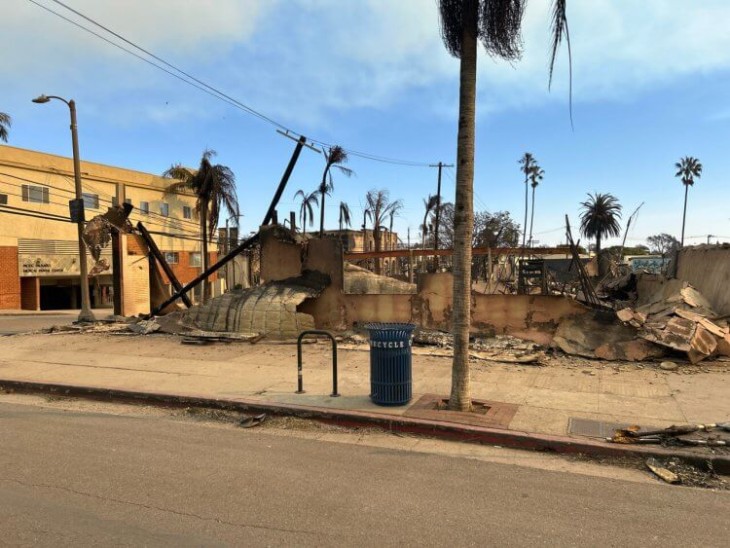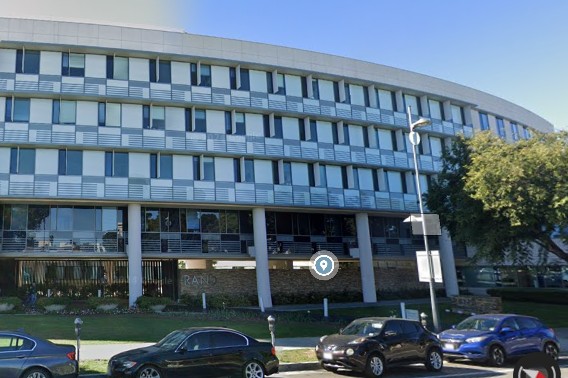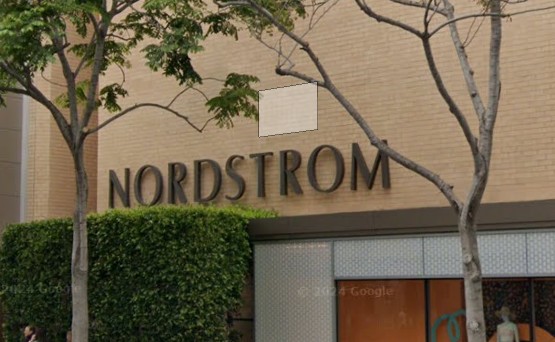SONJA ROSEN, M.D.
SPECIAL TO THE MIRROR
October is “National Breast Cancer Awareness month”. This is a health concern that I feel particularly passionate about because it hits close to home. My mother-in-law was diagnosed with breast cancer during her routine annual mammogram a few years ago. Her breast cancer was detected and removed, and she underwent a few weeks of radiation and chemotherapy. She is now 77, cancer-free and plays tennis every day.
I want to dispel some myths about breast cancer and encourage all women over 40 – and especially those 65 or older – to get annual mammograms! Studies show that even many physicians are unaware of the importance of mammograms for older women and, in fact, do not make mammogram referrals often enough after age 65. So, get the facts and take charge of your health.
Myth # 1: Older women don’t get breast cancer anymore.
Age is the single greatest risk factor for getting breast cancer other than being a woman. That means as women get older, their risk of breast cancer increases. Consequently, they should continue to be screened every year. We only recommend stopping mammograms for those women with a very limited life expectancy or who want no treatment after diagnosis. Screening older women for early-stage breast cancer can contribute to longer survival and enhanced quality of life.
Myth #2: Older women don’t need
mammograms.
Many women are told they do not need mammograms when they get older. Unfortunately, some women are even told this by misinformed physicians. In fact, quite the contrary is true. Older women face a higher risk of getting breast cancer and should get screening mammograms yearly.
Guidelines from the American Cancer Society:
Yearly mammograms are recommended starting at age 40 and continuing for as long as a woman is in good health.
Clinical breast exams should be conducted about every three years for women in their 20s and 30s and every year for women 40 or older.
Women should know how their breasts normally look and feel and promptly report any changes to their health-care provider. Breast self-exams are an option for women beginning in their 20s.
The American Cancer Society also recommends that some women be screened with MRI in addition to mammograms because of family history, genetic predisposition or certain other factors. However, the number of women who fall into this category is small – less than two percent of all women in the United States.
Myth # 3: Medicare does not cover annual mammograms.
I hear this concern a lot from my patients, especially in these difficult economic times. In fact, Medicare does cover annual screening mammograms. For elderly women, Medicare Part B provides a preventive service that includes annual mammogram coverage.
Cost should never be a deterrent to getting mammograms. If you do not have insurance, there are many clinics where you can get mammograms at reduced fees. The Venice Family Clinic and Westside Family Health Center are two local facilities that provide affordable medical care, including mammograms, to uninsured or underinsured women in our community.
When completing your to-do list for October, don’t forget to schedule your annual mammogram!
Dr. Sonja Rosen, board certified in both internal and geriatric medicine, is a geriatrician with the highly regarded UCLA Geriatrics Program in Santa Monica. For more information, call 310.319.4371.

























